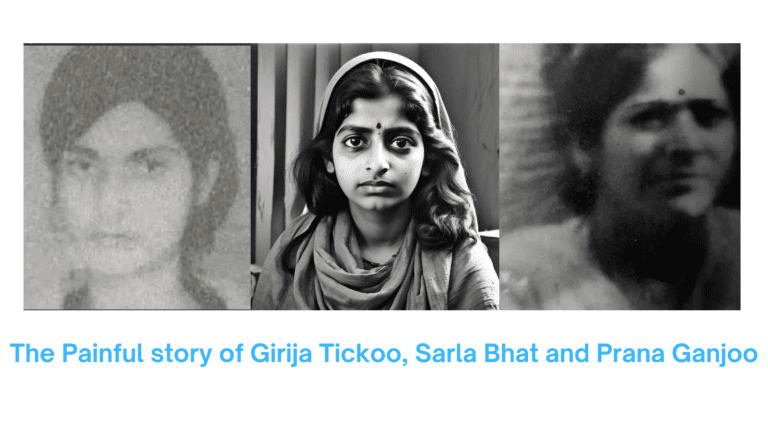
Similar Posts

Kashmir Issue Explained: The India-Pakistan Conflict and Its Impact on South Asia
The Kashmir issue represents the longest unresolved territorial dispute between India and Pakistan. This conflict has shaped South Asian geopolitics for 77 years, triggered three wars, and continues to impact millions of lives in the region. What Is the Kashmir Issue? The Kashmir issue is a territorial and political dispute over the Jammu and Kashmir…

The kidnapping of Rubaiya Sayeed in 1989 in Kashmir
The kidnapping of Rubaiya Sayeed in 1989 and subsequent success of terrorists in getting able to rerelease 5 dreaded terrorists motivated terrorists that became the source of forced exodus of Kashmiri Pandits. Discover the horrific story that has a devastating impact on Kashmiri Pandits. On December 8, 1989, Kidnapping of Rubaiya Sayeed, the 23-year-old daughter of then-Indian…

Kashmir Shaivism: Philosophy, Origins, and the Saints
Have you ever wondered what makes Kashmir Shaivism so special? This mystical tradition, originating from the beautiful valleys of Kashmir, has captivated spiritual seekers for over a thousand years. And for good reason. Kashmir Shaivism isn’t just another philosophical system. It’s a complete roadmap to understanding your true nature and the universe itself. Kashmir…

Remembering Girija Tickoo, Sarla Bhat, and Prana Ganjoo
[ez-toc] Remembering the Tragic Stories of Girija Tickoo, Sarla Bhat, and Prana Ganjoo Some stories are painful to tell, yet they must be remembered. This is the heartbreaking tale of three brave women: Girija Tickoo, Sarla Bhat, and Prana Ganjoo, who lost their lives in the violence of Kashmir in 1990. Their stories shed light on…
What happened on 19 January 1990 in Kashmir
Let’s journey back to the darkest day in the history of Kashmiri Pandits to find out what happened on 19 January 1990 in Kashmir. 19 January 1990 had a profound impact on the lives of Kashmiri Pandits. I can still vividly remember waking up to an unsettling silence, only to be confronted by the chilling messages…

Tourism in Kashmir: Between Optics of Reopening and Ground Realities of Security
Tourism in Kashmir took the spotlight on September 29, 2025, when the administration announced the reopening of 12 destinations shut since the April 22 Pahalgam terror attack. The list included Aru Valley, Rafting Point Yanner, Akkad Park, Padshahi Park, and Kaman Post in the Kashmir division, along with Dagan Top in Ramban, Dhaggar in Kathua,…
